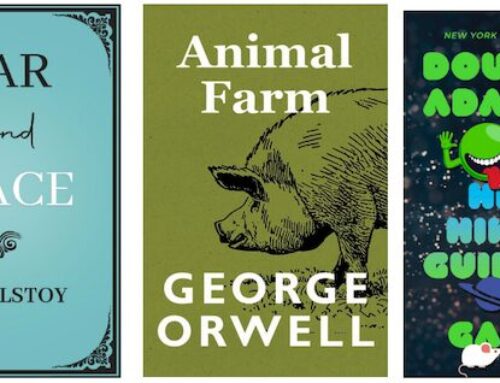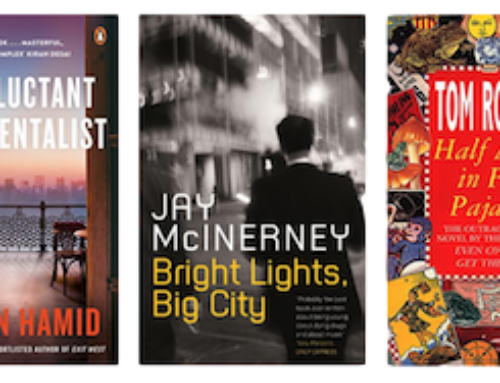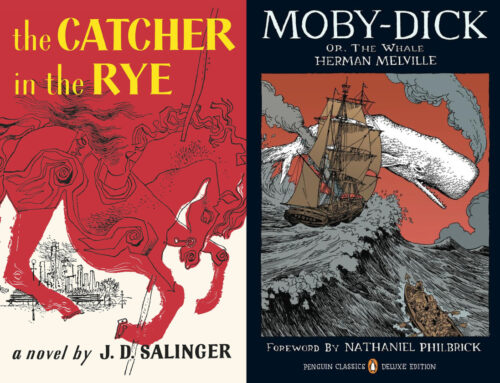In the throes of creative passion, an author embarks on the joyous yet torturous journey of writing a book, often driven by an ephemeral, brilliant idea—a spark so intoxicating that they must immortalize it. Yet, as pages pile upon pages, as caffeine transforms from ally into overlord, and doubts circle like vultures, the crucial, life-preserving question inevitably emerges: “Why exactly am I doing this again?”
Yes, dear writer, amidst plot holes, character rebellions, and dreaded writer’s block, one truth reigns supreme – always remembering your original reason for writing the book is not just helpful, but absolutely necessary.
The Original Spark: Protecting Your Creative Sanity
When an idea first seizes you, it’s akin to falling desperately, irrationally in love – passionate, intense, slightly embarrassing if viewed objectively. This is the moment when you are most honest, when your creative drive is purest and clearest.
Yet as months drag on, your pristine enthusiasm can fade. What was once a gripping vision of the great American novel about existential dread and talking cats is now just a pile of chapters and endless revisions. How tragic! This is precisely when your initial reason for writing – your great creative “why” – becomes your lifeline.
- Mental Clarity: Your original purpose anchors you amidst inevitable chaos.
- Emotional Motivation: It rekindles your enthusiasm even on the bleakest days.
- Consistency and Integrity: It ensures you remain true to your narrative voice and vision.
In short, remembering your “why” saves your sanity.
Dostoevsky’s Warnings: Don’t Lose Sight, Or Else
Dostoevsky, himself no stranger to lengthy, tormented projects, humorously noted the danger of losing one’s original purpose:
Writers often forget why they began, and thus, readers forget why they bothered finishing.
Forgetting why you started can transform a promising story into a labyrinthine nightmare, where characters drift aimlessly, plots languish, and themes evaporate like vodka spilled at a Petersburg tavern.
Examples from the Literary Greats: Why Purpose Matters
Even the mightiest literary titans have wrestled with losing sight of their purpose, and their experiences illuminate our path vividly:
- George Orwell powerfully articulated his commitment behind Animal Farm: “I wanted to fuse political purpose and artistic purpose into one whole.” Orwell knew losing sight of his critical satire could dilute his entire message, risking mere allegory without insight.
- Mary Shelley revealed her deep struggle while writing Frankenstein: “I busied myself to think of a story—a story to rival those which had excited us to this task.” Her profound purpose was not mere competition, but a fierce desire to question humanity’s moral limits, ultimately shaping literature forever.
- James Baldwin emphasized purpose clearly: “You write in order to change the world… if you alter, even by a millimeter, the way people look at reality, then you can change it.” Baldwin’s clarity of purpose helped his voice remain piercingly effective, focused, and transformative.
- Virginia Woolf, candidly addressing purpose in literature, warned, “So long as you write what you wish to write, that is all that matters; and whether it matters for ages or only for hours, nobody can say.” Woolf underscores the necessity of authenticity in purpose, implying that losing sight of personal truth jeopardizes literary integrity.
- Franz Kafka, no stranger to existential despair, wrote in his diary: “Writing is utter solitude, the descent into the cold abyss of oneself.” Kafka understood vividly the perils of losing sight of purpose, recognizing that drifting without intent leads to creative paralysis and profound dissatisfaction.
These robust examples emphasize that purpose isn’t simply a motivational quip – it’s a crucial anchor, a lifeline through the artistic storm.
What Happens When Purpose is Lost?
Let’s indulge in a mildly Dostoevskian hypothetical scenario. Imagine poor Ivan, the tragic novelist hero, who starts out passionate about revealing humanity’s deepest fears through a sci-fi satire. Halfway through, Ivan becomes distracted by trendy tropes and lucrative possibilities, losing sight of his initial noble intent. His plot collapses under contrived twists, his characters betray him, and readers, sensing Ivan’s creative betrayal, flee in boredom.
What a horrifying fate!
Indeed, losing sight of your purpose might not bring about existential doom, but literary doom – quite possibly, yes.
Strategies to Keep the Flame Alive
Fear not! Here’s how to cling desperately – yet gracefully – to your original literary vision:
- Write it Down: Inscribe your original reason prominently above your writing desk, on your fridge, or perhaps tattoo it on your wrist.
- Regular Reflection: Schedule regular “Why am I doing this again?” check-ins to remind yourself of your creative passion.
- Communicate Clearly: Share your purpose with trusted readers or fellow writers who can remind you when you drift.
- Stay True, Yet Flexible: Allow yourself the flexibility to grow, but always maintain the heart of your original idea.
Concluding Dostoevskian Wisdom: Embrace Your Purpose
Dostoevsky himself, in a fleetingly cheerful moment (a rare literary sighting), famously penned, “The mystery of human existence lies not in just staying alive, but in finding something to live for.” And so it is with writing. Remembering why you write your book is essential precisely because, without purpose, your words risk becoming empty husks of sentences, pages devoid of soul.
And truly, nothing would delight Dostoevsky’s tragicomic sensibilities more than avoiding the ironic catastrophe of forgetting why you started. Guard your purpose fiercely, embrace it, for therein lies your narrative salvation – and perhaps, even your sanity.






Leave A Comment